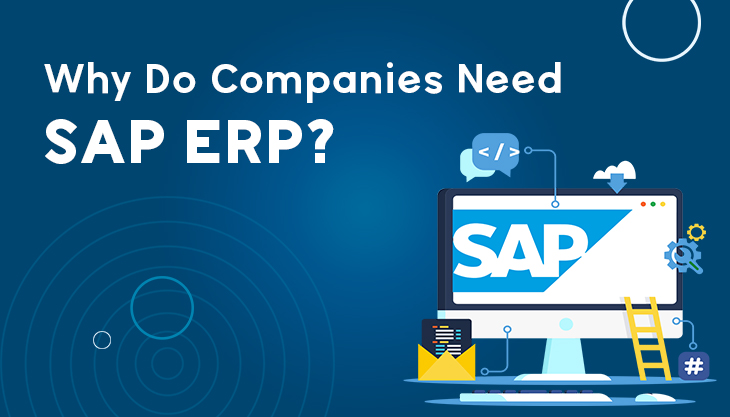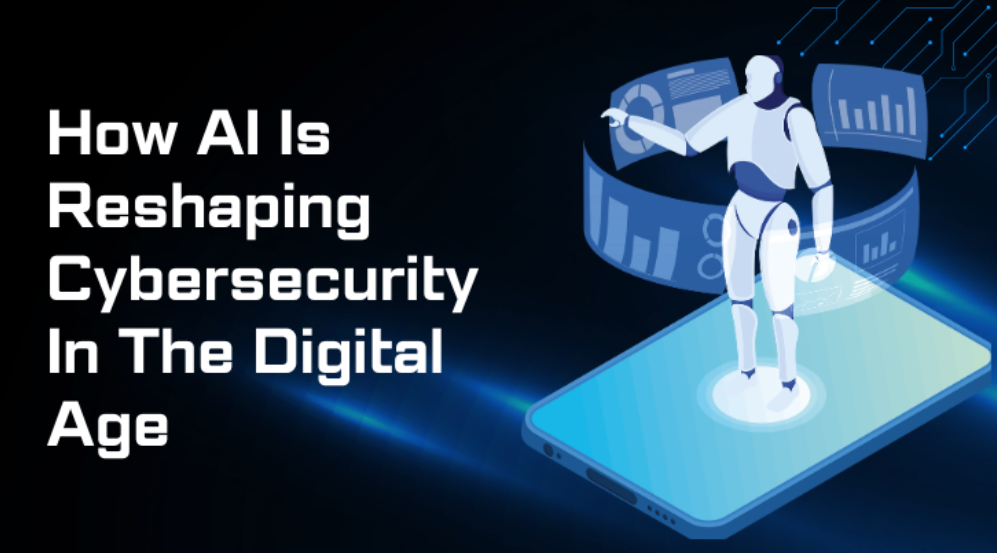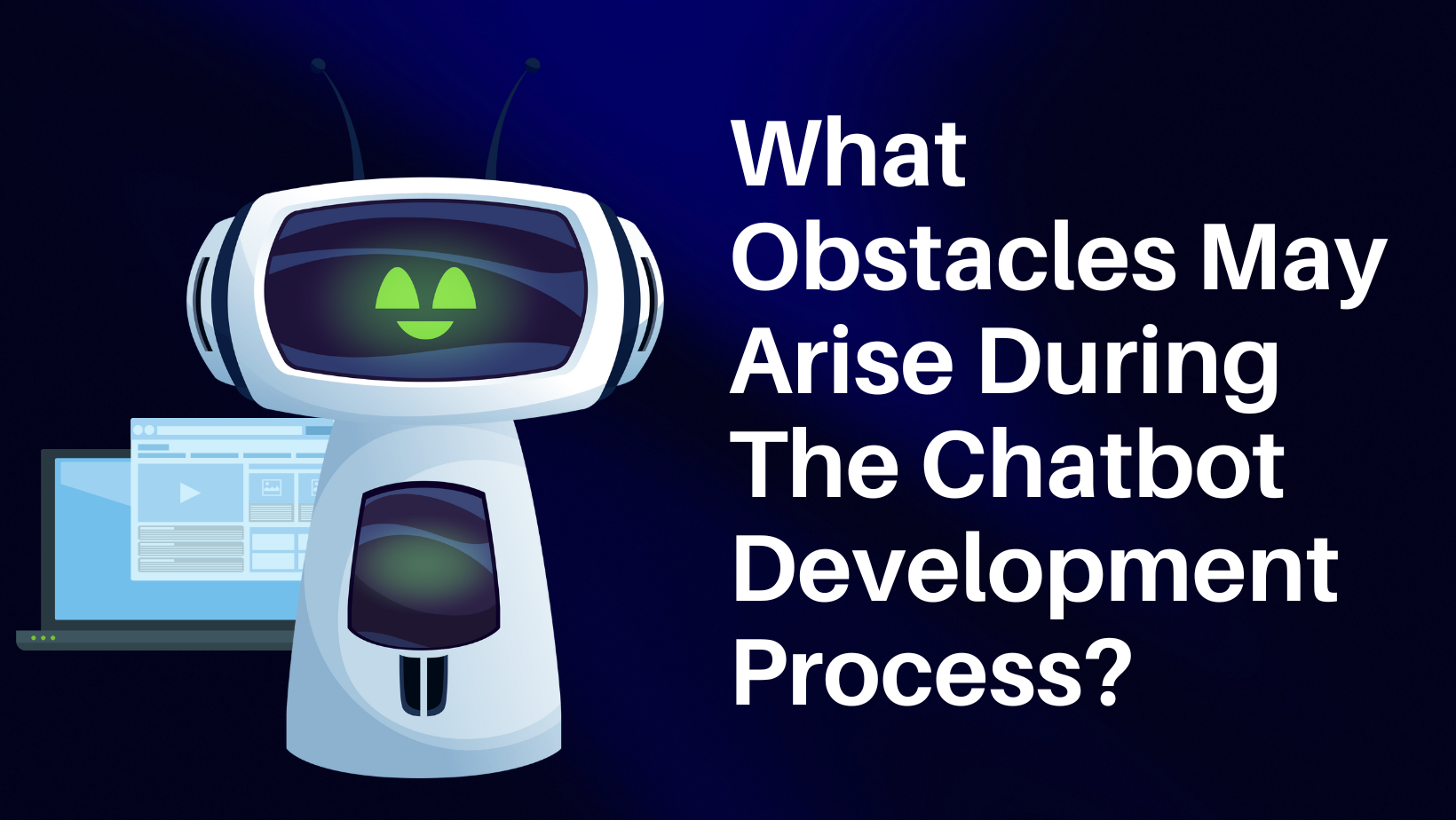SAP ERP is enterprise resource planning software developed by the company SAP SE. ERP, or enterprise resource planning, is modular software made to integrate the main functions of an organization's core business processes into a unified system.
An ERP system consists of software components, called modules, that focus on an essential business function, such as finance and accounting, HR, production, materials management and Customer Relationship Management (CRM).
Introduction To SAP ERP
Systems Applications and Product in data processing, usually called SAP, is the most popular ERP software globally. It was started in 1972 by five IBMers to provide software for the core functions of an organization. In 1973, the company introduced the first financial accounting software called R1.
The letter R was used for Real-Time Processing. Towards the end of the 1970s, SAP R/2 was rolled out with IBM’s database and a dialogue-oriented business application. In the early eighties, the R/2 was enhanced with the capabilities of processing business transactions in multi-language and multi-currency to meet its international clientele.
SAP R/3 was introduced in the ’90s with the Client-Server architecture and a GUI running on almost any of the databases and most operating systems. It denotes the beginning of a new era in enterprise computing with the movement from mainframe to 3-tier architecture. Software Development Company needs to use SAP ERP in various ways based on the company's client needs or essential management.
Purpose of SAP and ERP
What is SAP Software?
SAP software is designed to handle business or work in any company. This can plan and organise work schedules for large scale and small scale companies or industries. Various modules can be used based on work needs.
Application of SAP in companies
Why do companies need SAP ERP? Companies use these modules they need to run their particular business. SAP software helps companies manage nearly every aspect of the business, from finances to HR, procurement and logistics.
Business Suite includes a broad range of business applications and industry-specific functionality. Besides ECC, it includes CRM, PLM, SCM, and Supplier Relationship Management (SRM) modules.
There are specific industry-specific applications in SAP:
1. Consumer Industries, including Agribusiness; Consumer Products; Fashion; Life Sciences; Retail; and Wholesale Distribution.
2. Discrete Industries, including Aerospace and Defense; Automotive; High Tech; and Industrial Manufacturing.
3. Energy and Natural Resources, including Building Products; Chemicals; Mill Products; Mining; Oil, Gas and Energy; and Utilities.
4. Financial Services, including Banking and Insurance.
5. Public Service, including Defense and Security; Federal and National Government; Future Cities; Healthcare; Higher Education and Research; and Regional, State and Local Government.
6. Service Industries, including Cargo Transportation and Logistics; Engineering, Construction and Operations; Media; Passenger Travel and Leisure; Professional Services; Sports and Entertainment; and Telecommunications.
Advantages of SAP ERP
The main advantages of SAP ERP are the system intends for large enterprises, are
1. Standardization of an organization's business processes
2. A unified view of the business
3. Customizability; and
4. Strong reporting and analytics feature that aids in decision-making
Uses of SAP ERP Software and why do companies implement SAP:
There are many Uses of SAP ERP Software, and most companies work on this. SAP ERP is a part of work in any domain or entity.
1. Flexible and secure
Today, companies are seeking flexibility. SAP ERP allows the business to customise processes, use the public or private cloud, or pay only for the client's needs. Furthermore, when it comes to keeping the company safe, it's essential to have a team of experts on your side that is constantly thinking ahead.
SAP ensures that the client's data is secure, protecting the business from hackers. Moreover, SAP has the expertise to significantly reduce the number of threats your business faces every day and is built on one of the most advanced infrastructures in the world.
2. Innovative technology
With over 40 years of experience in ERP, SAP is to speed up all the latest innovations. It ensures that your business is equipped with the right tools for the future. SAP provides future-proof Cloud ERP solutions that will power the next generation of business.
Using its advanced capabilities, SAP ERP can boost the organisation's efficiency and productivity by automating repetitive tasks and better using your time, money and resources.
3. Improved lot traceability
SAP Business One optimises inventory to ensure that item levels are always favourable and items are appropriately rotated. The system also includes product expiration date analysis to trace products and components back to the source.
4. Robust dashboards
With SAP, users can create custom dashboards to get a full view of the business. The solution also includes flexible queries and analysis features, allowing users to dive deeper into their data and gain further insights. SAP software can integrate your business, work leaner, improve customer service, and make better-informed business decisions.
5. Inventory management
SAP enhances inventory management via an advanced warehouse and bin location tracking system that offers better maintenance and management of stock and warehouse data. It can also track and document stock levels, transfers between warehouses, price lists, and pre-defined pricing agreements.
6. Automation
SAP enables the automation of workflows and makes processes streamlined. Data from processes like account management, order management and vendor management flows automatically according to the approval and rejection guidelines defined in the system.
This helps organisations become more efficient as the employees can focus on more productive tasks and the ERP system handles the mundane ones.
7. Globalisation
SAP ERP provides support for a variety of different geographical locations. As an enterprise tool, SAP supports all the major currencies globally, making it useful for companies with international operations.
8. Visualisation
The reports and dashboards functionality offered by SAP lets you view all the essential data pointers in an easy-to-understand format in real-time. Graphs and charts are easier to understand and go through than large data files. This lets you decide on the next course of action swiftly and makes understanding the processes and related issues accessible.
9. Brings revenue growth
The features offered by SAP make processes more efficient, free up the employees to work on essential tasks and provide a holistic view of the operations to assess issues more efficiently. This increase in efficiency leads to the overall growth of revenue and profits for an organisation.
10. Accessibility
It is possible to deploy SAP through the cloud or on-premise. This makes SAP ERP highly versatile and accessible. SAP also offers mobile-based applications for many of its features and applications. It supports all the major operating systems and devices like Windows, Linux, Android, iPhones and Mac.
This means that a user can access the ERP from anywhere. With the best-in-class security features provided by SAP, any organisation's confidential data is always secure, even when accessing it through mobile applications.
11. Data centralisation
SAP puts the data from different processes and business functions in a centralised location. This feature makes sharing data and information across business units and departments easier. Departments such as sales, inventory, finance, production and human resources can access data from different departments and efficiently communicate the needs of their department.
This also helps in reducing errors and delays in communication and improves overall efficiency. Any business's success relies on effective communication and data exchange among all departments, and SAP, as an enterprise resource planning software, enables this communication and information exchange.

















Post Comments